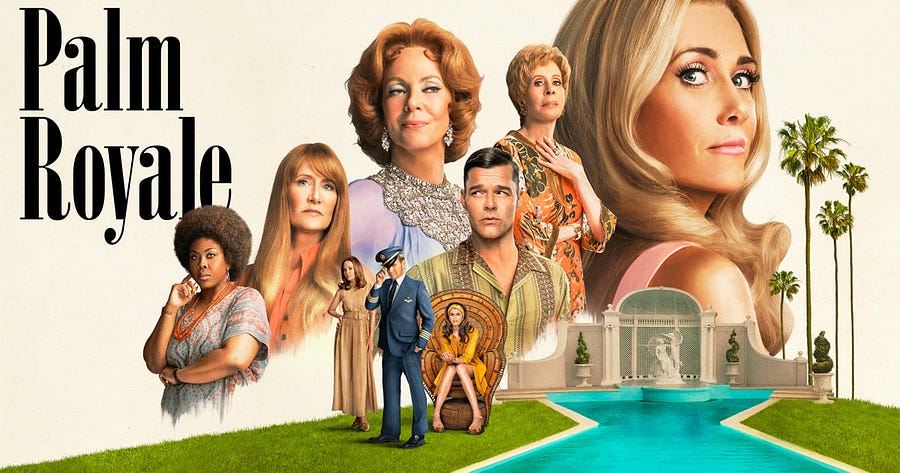Brendan Frasier plays a guy born in a 1962 bomb shelter to two parents who steps out into a world as a complete newbie. As a sheltered 35-year-old who's never had sex, let alone experienced the joy of interaction with a girl his own age, he's itching to find himself a lady when he gets out of the bunker. Viola, within a few minutes, he meets Alicia Silverstone, who happens to not just be pretty (something most audience members will agree on) but someone he has that extra spark of magical attraction.
Although, she sensibly has no interest in overeager strangers who approach her on the street, there's an tolerable series of deus-ex-machina to keep them latched together long enough for them to agree to work together selling his baseball cards and things take off from there.
Born Yesterday, Splash, My Stepmother is an Alien, and most recently Poor Things comprise a sub-genre of romantic films where there's a vast difference of social experience between a man and an extremely innocent woman. By today's standards, some vociferous critics might look upon these tropes as a casual condoning of grooming.
While I would caution those critics to read each of those films with an eye towards the climate they were made, it's important to note that a lot of romantic comedies came from a less squicky set of circumstances like Ball of Fire, It Happened One Night, and Roman Holiday where these were two consenting adults but their differences in social grace were explained through other factors like isolation from academia or isolation from wealth.
In a way, a film like Blast from the Past takes its cues from a more innocent time. Because Brendan Frasier recently won an Oscar for a singular high point in his career, it's easy to look at his career through rose-colored glasses. But, let's face it: He was mostly serviceable. Despite being in a couple prestige pictures by this point such as School Ties and Gods and Monsters, he a dependable pretty face, but that's not so far removed from the Cary Grants and Clark Gables when this genre was king. Not to say those actors weren't good, but they did their best work outside of the romantic comedy genre.
Similar to Barbara Stanwyck, Ginger Rogers, and Katharine Hepburn in the golden era of this genre, it's the female lead who does most of the heavy lifting acting-wise. Similar to other 90s comedy leads like Rosie Perez and Marissa Tomei, the female lead is a no-nonsense type who's scarred by too many bad men to mince words in any opposite-sex interaction she's having.
Knowing that it's a romcom (what can I say, I watched the trailer), It's a foregone conclusion that a couple layers of her skin will be peeled to open up her heart. The question mark that drives the film, therefore is that we likely won't know how much of her veneer will be dropped within the realm of realism.
"Blast from the Past" is a pretty apt description for my feelings for this film. I'm writing this review in 2024 where films like this don't have much of a chance at being in the theater. However, the romantic comedies that I have watched through screening lately have tried too hard to be raunchy or find some kind of angle. This is a film that just floats on chemistry, a light touch directing wise, a high stakes premise, and a few choice scenes.
